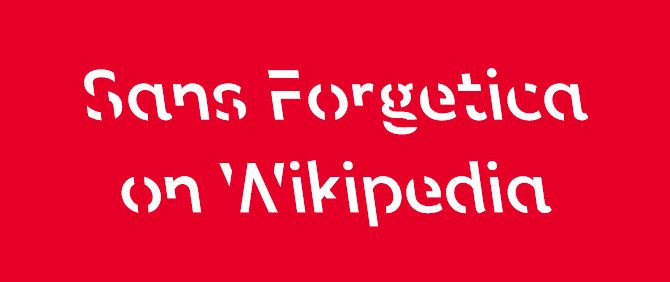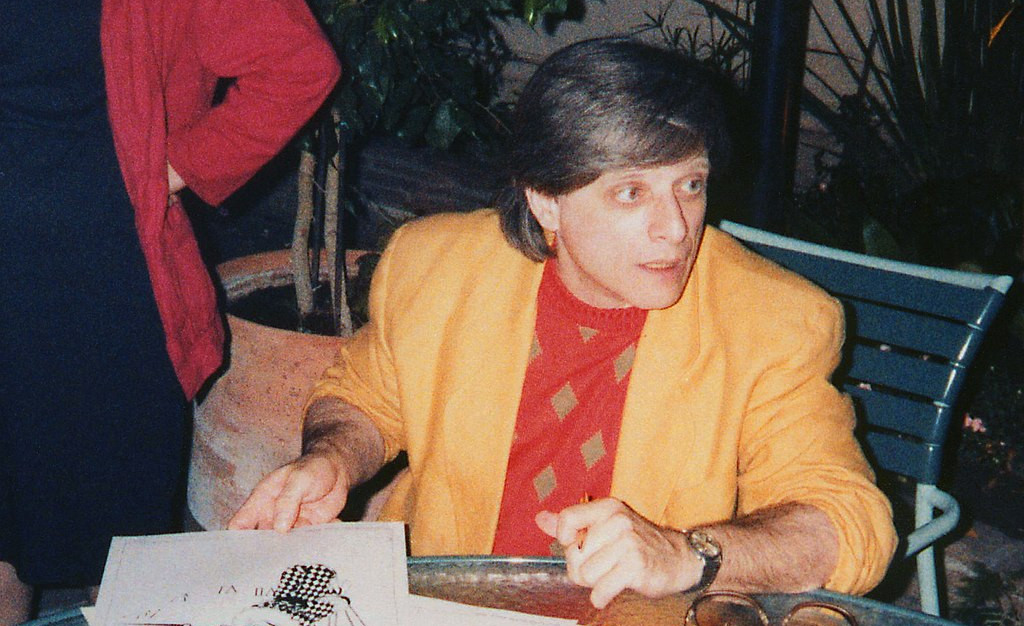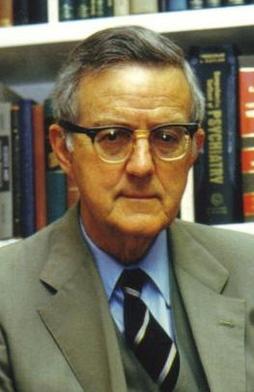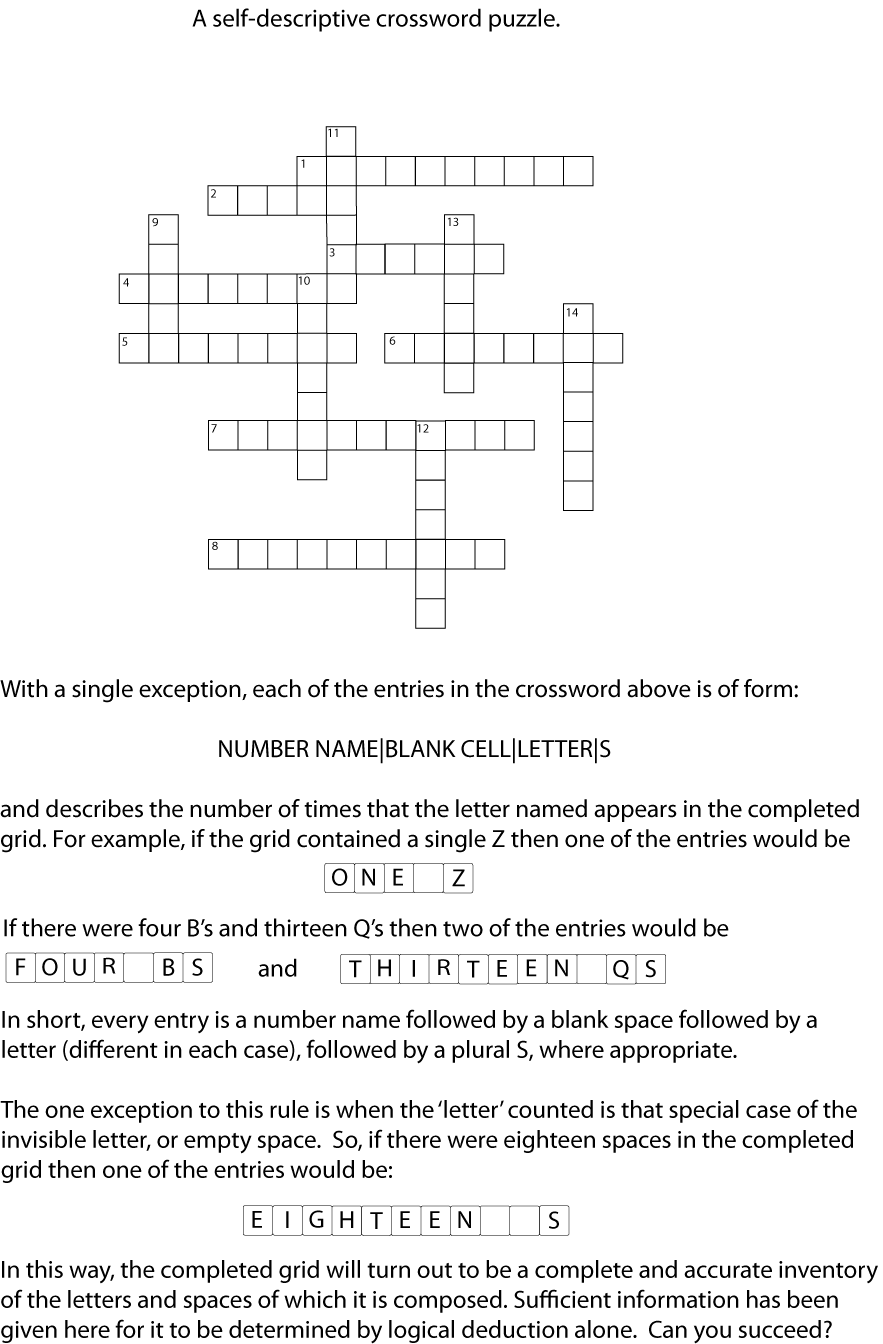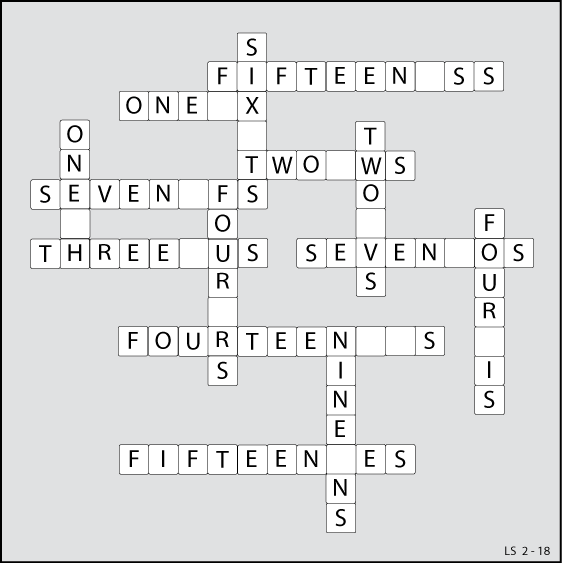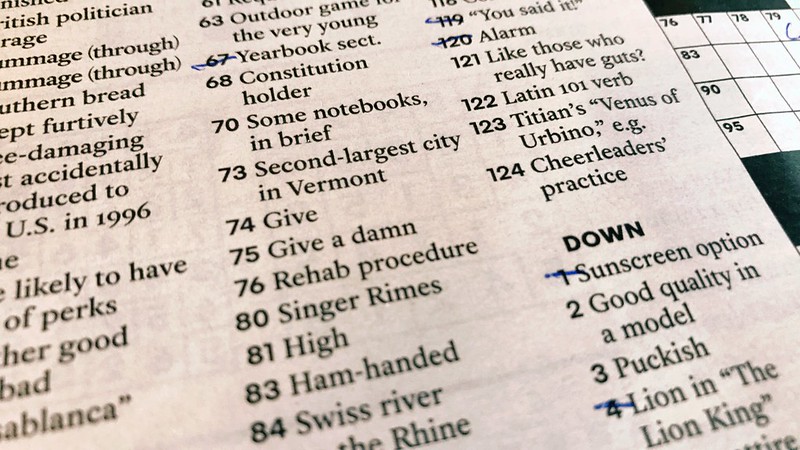
Binghamton University English professor Michael Sharp has been blogging about the New York Times crossword puzzle every day since 2006 under the name Rex Parker. He downloads each puzzle when it becomes available at 10 p.m. and typically solves it in 3-10 minutes.
His blog, Rex Parker Does the NY Times Crossword Puzzle, has become so popular that there’s now a metric website that analyzes his opinions:
- “Rex doesn’t like Sundays”
- “Rex doesn’t like April”
- “Rex doesn’t like the year 2017”
“It’s like a little present,” he told the Chronicle of Higher Education last year. “You have no idea what’s in there. And if you’re lucky, something weird or strange or funny is in there. And you get to unwrap this little present every day that will make your brain light up in weird ways if it’s done right.”
(Thanks, Laura.)

